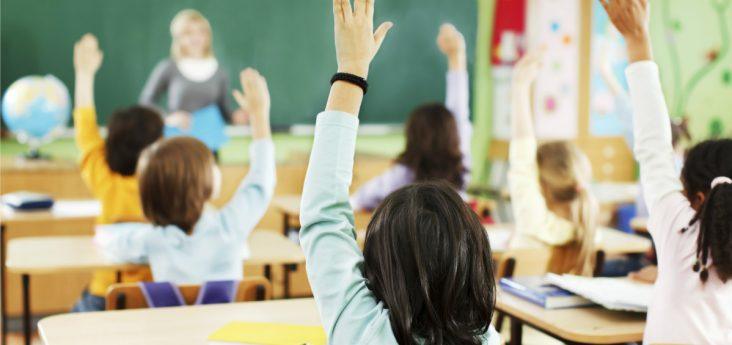Arkansas’ national child economic well-being rank disappointing, despite improvement
by June 21, 2016 2:42 pm 185 views

The number of Arkansas children living in poverty remains high despite recent improvements in state rankings, according to the 2016 Annie E. Casey Foundation KIDS COUNT report. Arkansas Advocates for Children and Families said that 184,000 of the state’s children live in poverty, ranking Arkansas 41 among the 50 states evaluated by the KIDS COUNT report.
While the state ranking remains low overall, Arkansas is making some progress which was noted in the report. Last year, the state’s ranking was 48 and there were more than 202,000 children living in poverty.
The Casey Foundation report focuses on key trends in child well-being in the post-recession years. It also measures child well-being in four domains: economic well-being, education, health, as well as family and community.
Arkansas Domain ranking comparisons (2016 and 2015)
- 36th in Economic Well-Being, compared to 44th
- 38th in Education, compared to 39th
- 45th in Family and Community, compared to 38th
- 46th in Health, compared to 34th
The report noted that fewer Arkansas children are living poverty, more are attending pre-K and more have health insurance compared to last year, but the rankings in family and community and health declined year-over-year.
“Our economy has really rebounded in the last couple of years, unemployment is low, and that’s good for families’ economic well-being,” said Mike Malone, president and CEO at Northwest Arkansas Council. “But to continue growing and moving in the right direction, we have to ensure that we’re preparing our future workforce through smart investments in education, health, and other areas.”
Child advocates agree there is still work to be done. Looking specifically at the health domain, Arkansas ranked 46 out of 50 states, despite a slight increase in the number of insured children. The report found that 6% of the kids living in poverty were insured, up from 5% a year ago. While ARKids — a state subsidized health program— is a way to get more children insured, the percentage of kids qualifying for coverage under ARKids is down from 22% when the program began in 1997.
Low birthweight babies as well as child and teen deaths per 100,000 increased slightly year-over-year, according to the report. Teen births remain a problem in Arkansas despite a slight reduction to 40 births per 1,000 females ages 15 to 19 this year. The Natural State remains in last place in terms of teen pregnancy rates.
Rich Huddleston, director for Arkansas Advocates for Children and Families, said 26% of Arkansas children live in poverty — that’s more than one in four kids. This compares to a national rate of 22%.
“We have a long way to go and must encourage lawmakers to enact sound tax and budget policies, like a state-level earned income tax credit (EITC), so that Arkansas families can find a permanent solution out of poverty,” he said.
The Casey Foundation also recommended increasing the federal Earned Income Tax Credit for low-income workers who do not have dependents. The group says this strategy “will bolster workers, who may in fact be helping to support children who do not live with them and who are struggling to get by on low wages.”
Racial inequity was also documented in the report as African-American children were twice as likely as the average child to live in high-poverty neighborhoods and to live in single-parent families. Latino children were the least likely to live with a household head who has at least a high school diploma.
On a more positive note, African-American children were more likely than the national average to have health insurance coverage, attend Pre-K, and live in families where the household head had at least a high school diploma.
“Generation Z is the most diverse yet and children of color are already the majority in 12 states. By the end of the decade, children of color will be the majority of all children in the United States,” said Laura Speer, associate director for policy reform and advocacy at the Casey Foundation. “Our shared future depends on today’s young people fulfilling their potential.”
Minnesota ranked No. 1 for overall child well-being in 2016, followed by Massachusetts, Iowa, New Hampshire and Connecticut.
Mississippi ranked at the bottom 50 spot, while New Mexico, Louisiana, Nevada and Alabama round out the lowest five rankings this year.
In the health domain, Arkansas, Florida, Wyoming, Mississippi and Louisiana were the lowest ranking states this year.
